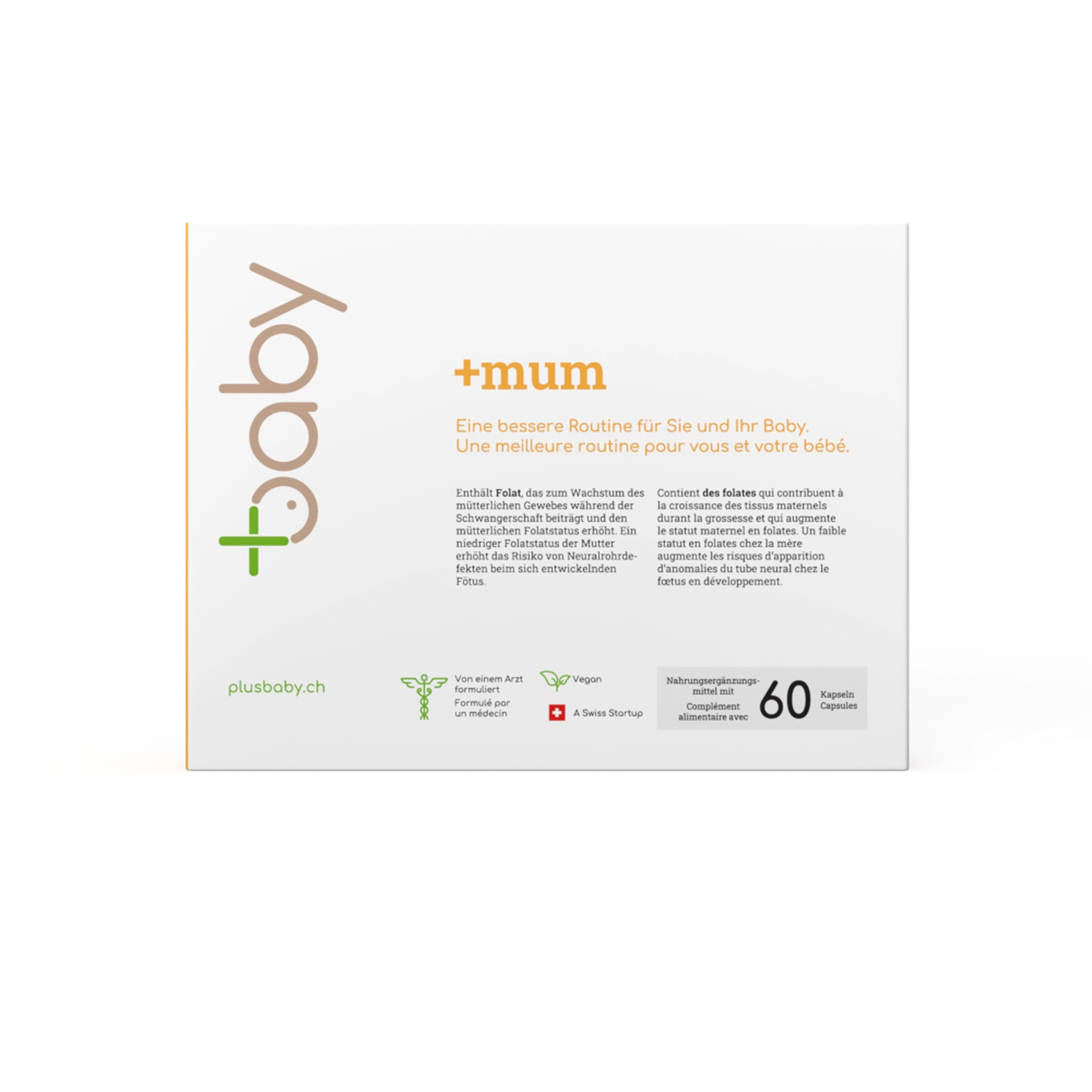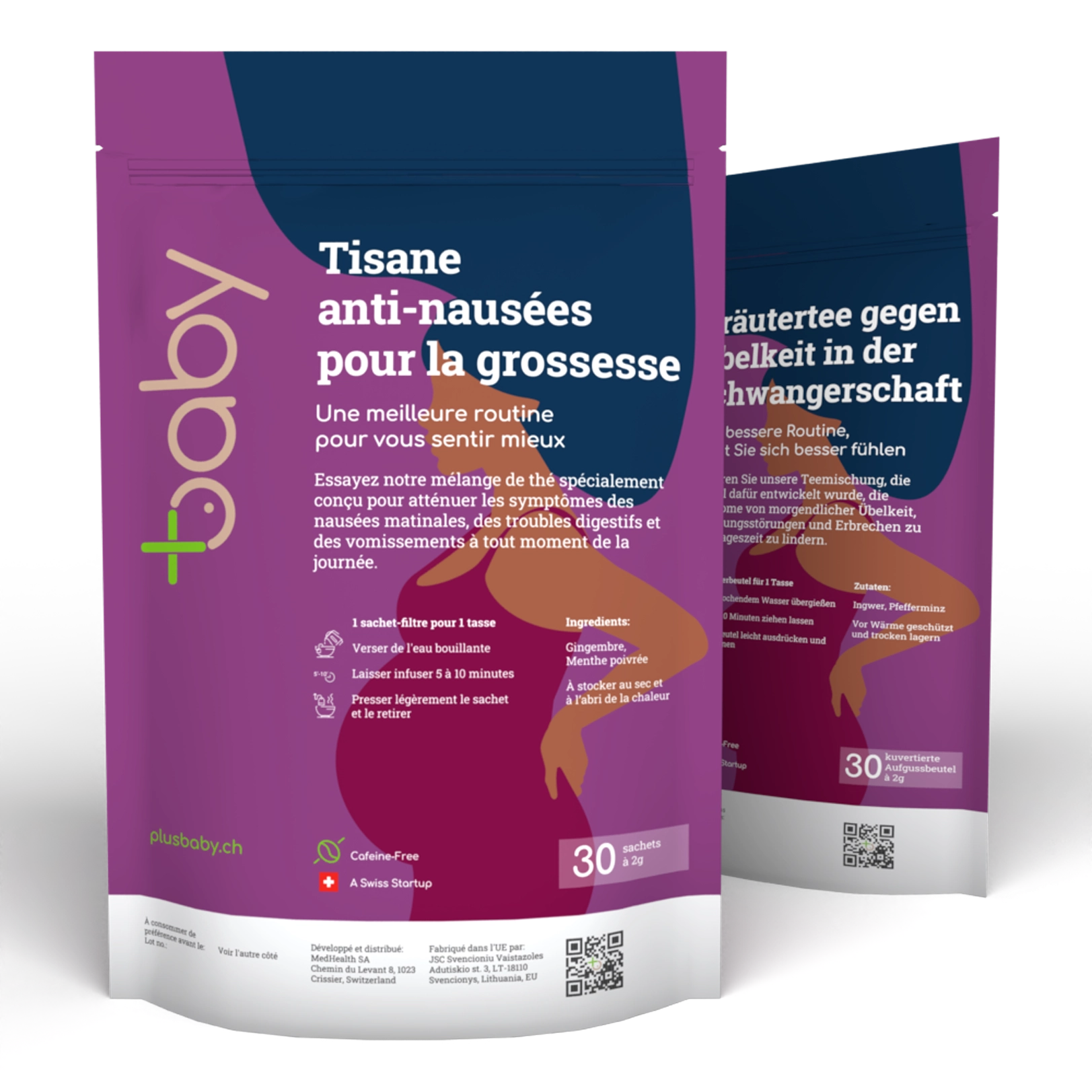I’m pregnant and I can’t poo
Pregnancy and constipation: sound familiar? Constipation and digestive problems are among the unpleasant symptoms of pregnancy. We’ll explain why this happens, why you shouldn’t be bothered and what you can do about it.
Constipation during pregnancy
Constipation during pregnancy is extremely common. In fact, up to half of all women will experience constipation at some point during their pregnancy. Pregnancy constipation (and traditional constipation) is defined as having fewer than three bowel movements per week and is associated with small, hard, dry stools. These stools are often painful and difficult to pass.
A number of factors can contribute to constipation during pregnancy, including
- Hormonal changes, in particular the increase in progesterone, which reduces intestinal motility and causes food to stay in suspension longer
- An enlarged uterus, which affects stool transit
- A diet low in fibre
- Insufficient fluid intake
- Certain medications, particularly iron supplements
We have designed a food supplement for pregnancy and breastfeeding by selecting an iron supplement that is better absorbed by the body, thus reducing your risk of pregnancy and constipation. Come and discover +mum in our shop.
Signs of constipation during pregnancy
The signs and symptoms of constipation can vary from mild to severe and can include abdominal bloating, cramping, hard, firm stools that are difficult to pass, straining to have a bowel movement and bleeding when passing stools.
Lifestyle changes that can help manage constipation during pregnancy
Although constipation during pregnancy cannot always be avoided, there are some useful remedies. These include
- Increased hydration
- Increased exercise and physical activity
- Eating a diet rich in vegetables and fibre, with at least 25 grams of fibre a day (we recommend that you consider supplementing with soluble fibre capsules for extra digestive support).
What supplements help manage constipation during pregnancy?
Even after increasing dietary fibre, exercise and hydration, some patients will need additional treatments for constipation. We recommend adding fibre supplements as a first option, then stool softeners, and finally laxatives as a last alternative. Bulky laxatives absorb water and expand, increasing moisture in the stool and making it easier to pass. Although most laxatives have minimal absorption into the bloodstream and do not harm the foetus, bulky laxatives are considered the safest and are recommended as a first-line treatment.
What are the common digestive problems associated with pregnancy?
Although we often think that “bigger is better”, this certainly doesn’t apply to the growing abdomen of most pregnant women! While the belly does indeed get bigger, gastrointestinal (GI) function certainly doesn’t improve for most of them! Whether it’s nausea and vomiting in the early stages of pregnancy, indigestion, heartburn, constipation or haemorrhoids in the later stages, there are a ton of problems to deal with with the GI system during pregnancy.
Do the digestive problems typically associated with pregnancy vary according to trimester, or do they change over the course of the pregnancy?
Although every woman and every pregnancy is different, there are some common trends in the onset and severity of gastrointestinal illnesses. While nausea and vomiting generally dominate the first trimester, heartburn, indigestion, constipation and haemorrhoids generally appear later, during the second and third trimesters.
Simple changes to improve quality of life (during pregnancy)
Pregnancy can lead to a wide range of gastrointestinal problems. And while most of these problems are not life-threatening, they can cause significant distress and alter a woman’s quality of life. Nausea and vomiting, especially during the first trimester, can sometimes be easily relieved by a herbal tea for pregnant women. We’ve created one just for you, our herbal tea for pregnancy and breastfeeding.
Constipation, one of the most common conditions, can be successfully managed by recognising it early and making lifestyle changes, such as increasing hydration, fibre and exercise.
CHF 39.90 Original price was: CHF 39.90.CHF 19.90Current price is: CHF 19.90.
















